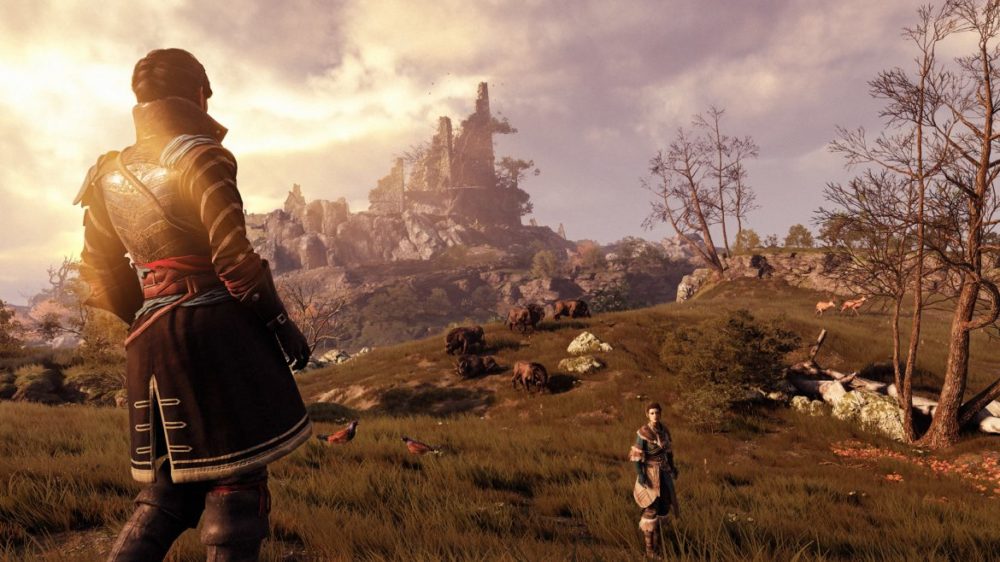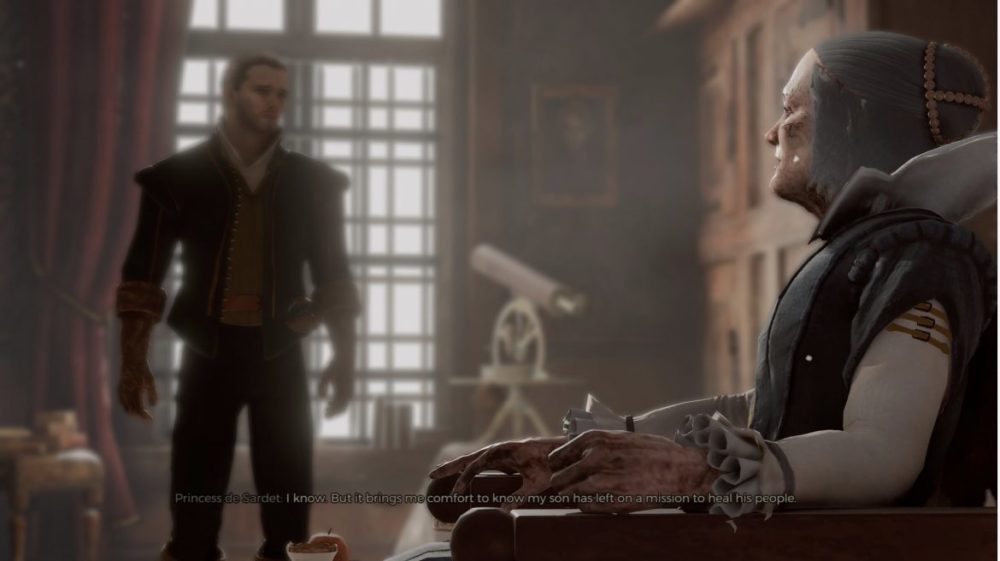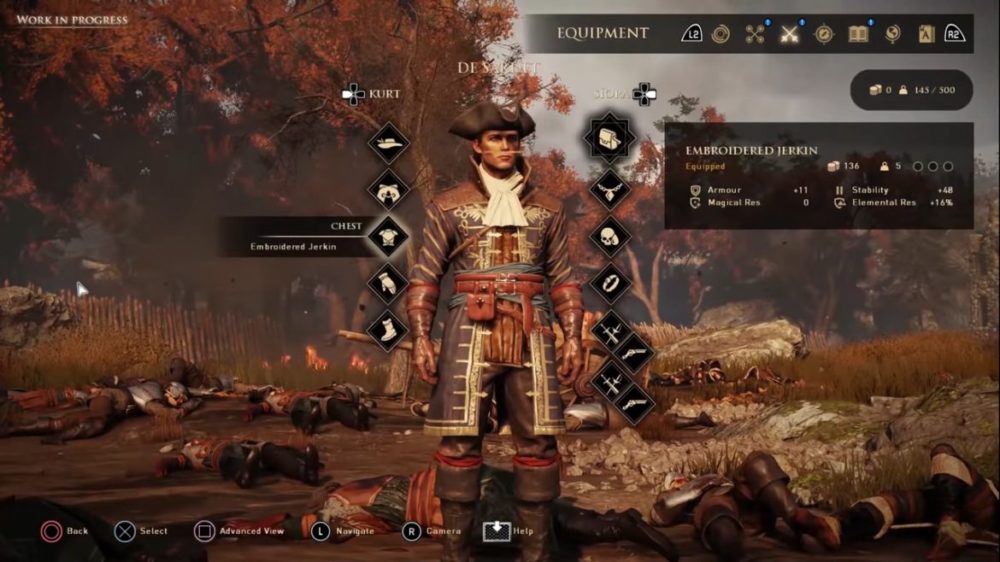TL;DR
Greedfall is an ambitious fantasy RPG from a smaller studio, drawing clear inspiration from titles like Assassin's Creed and The Witcher 3. While it offers a rich narrative, engaging quests with meaningful choices, and satisfying Bioware-style RPG elements, its technical execution isn't always as polished as its AAA inspirations. Expect some graphical inconsistencies, particularly with character models, and occasional animation or collision hiccups. Despite these minor flaws, the game delivers a compelling adventure with a vast world and deep lore that RPG fans will likely enjoy. Discover if this gem is for you by diving into the full review!
Greedfall shares similarities with titles like Assassin’s Creed and The Witcher 3, perhaps even drawing inspiration from Bioware. These are undoubtedly exemplary games (or series) to emulate. However, Greedfall is a product of a smaller studio, Spiders (published by Focus Home Entertainment), operating with considerably fewer resources than industry giants like CD Projekt RED and UBISoft. This fantasy action RPG mirrors Assassin’s Creed in aspects of its design and mechanics, but also, unfortunately, in its occasionally inconsistent technical execution. While graphical glitches may not reach the severity of those seen in AC: Unity, the graphical disparity is still noticeable. Breathtaking cityscapes and stylish lighting can be juxtaposed against character models featuring somewhat artificial facial features and underwhelming hair rendering. The latter can appear either sparse or resemble matted wool, particularly on the character representing the player’s ailing mother. Despite these visual shortcomings, Greedfall distinguishes itself through its ambitious scope and compelling narrative.

As De Sardet, a nobleman or noblewoman (player-customizable in gender and appearance), you assume the role of a legate representing your kingdom in a fantasy world governed by five distinct factions. Your primary objective is to journey from the Congregation of Merchants’ island to Teer Fradee, a newly discovered and alluring land teeming with untapped resources, indigenous populations, and formidable mythological creatures. Success hinges on combat prowess, diplomatic finesse, investigative skills, and the strategic utilization of classic Bioware-esque elements, including character customization, equipment management, and class-based specialization (warrior, mage, tactician).

Gameplay mechanics in Greedfall exhibit a strong resemblance to the Assassin’s Creed series, complemented by elements reminiscent of The Witcher 3. The game map is populated with points of interest and quests, and, mirroring CD Projekt RED’s RPG, the side quests are engaging and offer multiple solutions, some of which have significant consequences on the overarching narrative, adding depth and consequence to player choices. While the frame rate is generally stable (on Xbox One X; the PC version is expected to offer the most polished experience, especially on high-end hardware), the animations and camera work can feel somewhat unrefined. Frame drops can occur during scenes with numerous characters in motion, and collision detection occasionally presents issues, with character limbs clipping through environmental objects.

Despite its technical limitations, Greedfall provides an engaging action RPG experience characterized by a compelling narrative, surprisingly nuanced character development, and meticulously designed quests that encourage creative problem-solving and detective work. While it’s possible to focus solely on the main storyline and lower the difficulty to a trivial level, playing on the normal setting is recommended, even for players less accustomed to action-oriented games. The combat difficulty is manageable after the initial tutorial battle, and the gameplay offers a diverse range of approaches.
For enthusiasts of immersive narratives and expansive worlds capable of providing hundreds of hours of gameplay (akin to Dragon Age: Inquisition, The Witcher 3, and the Assassin’s Creed series), Greedfall is a title worthy of consideration. Though it may exhibit some technical imperfections, its strengths as a role-playing adventure make it a notable release in recent years.

